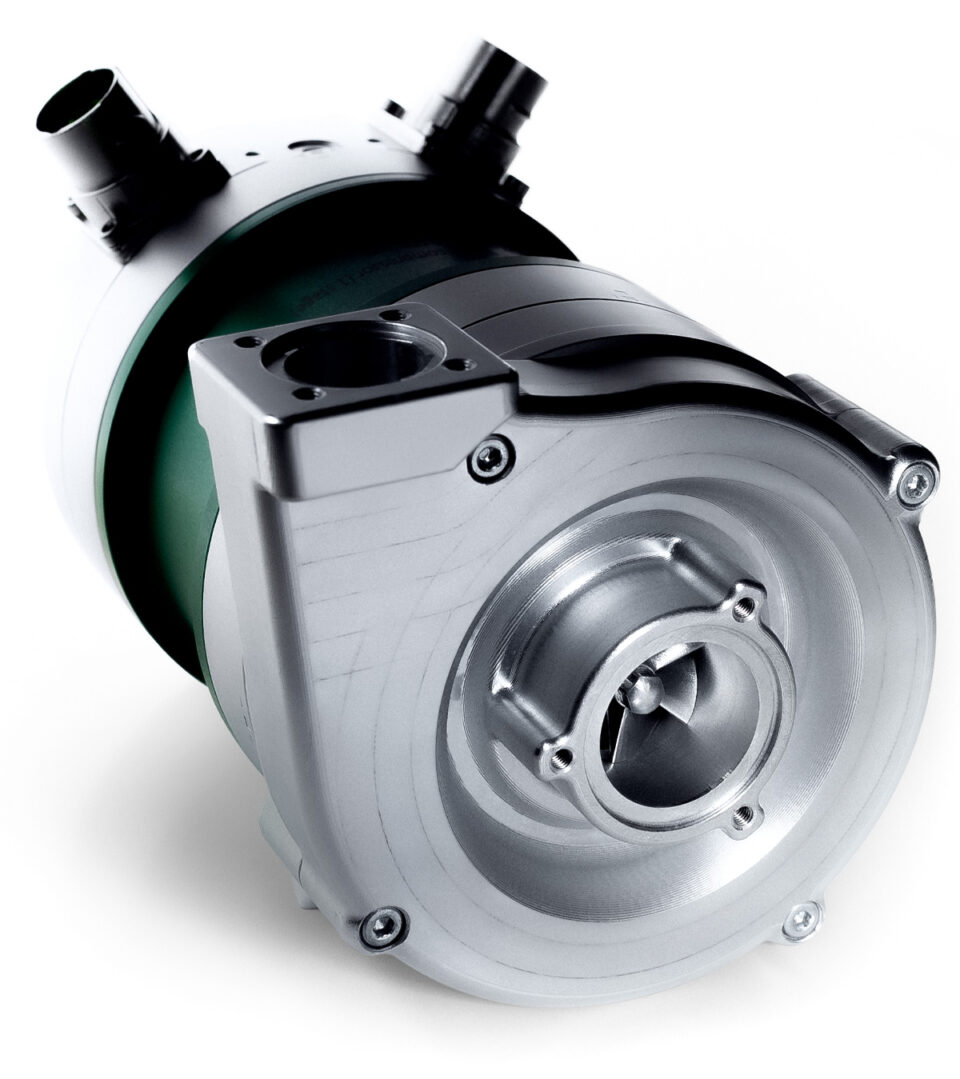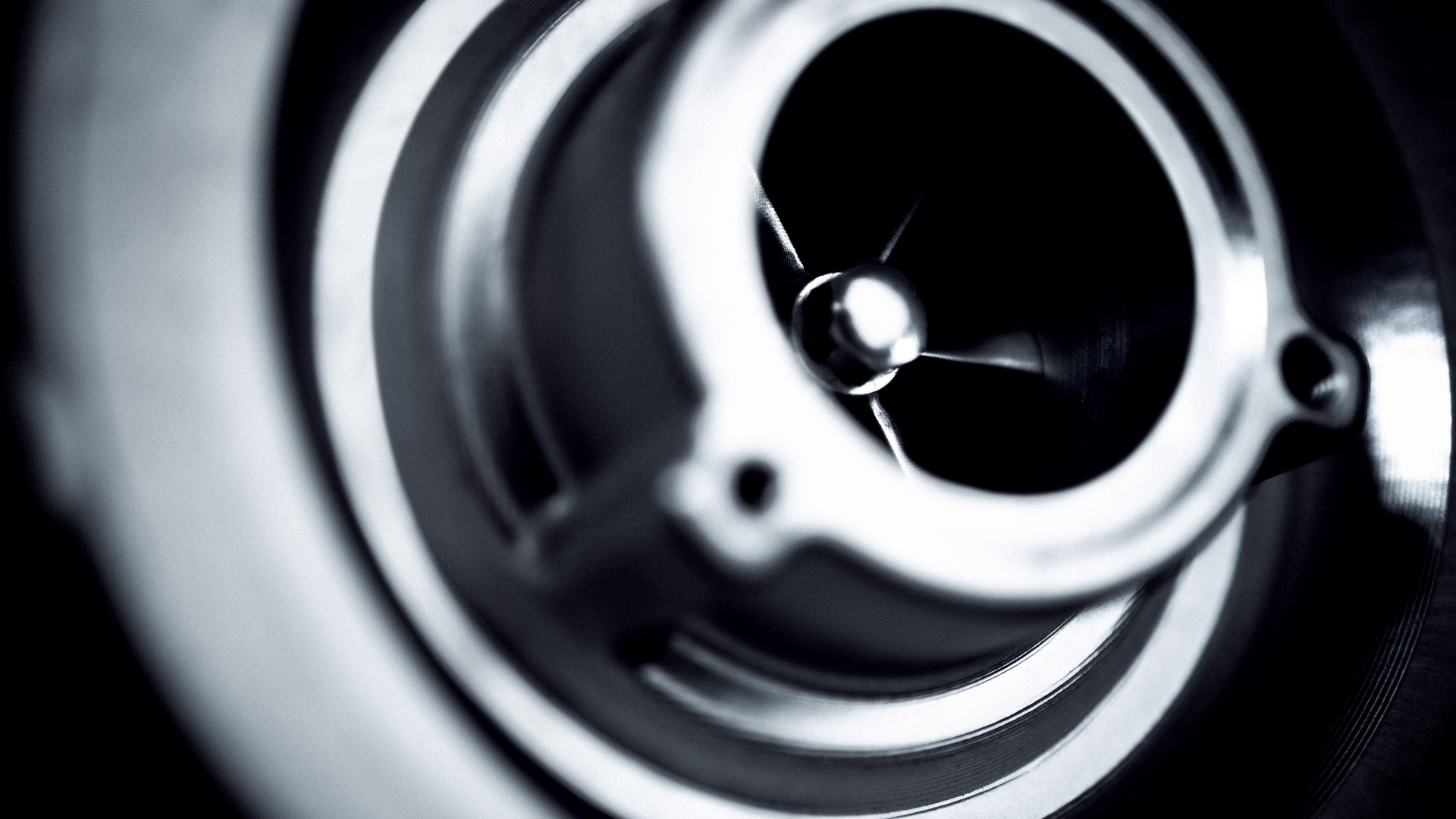Why did ebm-papst develop a turbo compressor?
In recent years, the leaps in efficiency for fans have become steadily smaller due to physical constraints. At the same time, we were receiving more and more requests for compressors to generate cooling or heat. For us, the next logical step was not just to move air, but also to compress gases in general – with compact solutions that fit into various customer applications such as air conditioners and heat pumps.
And there was no question from the outset that we could develop these compressors. After all, with aerodynamics, motor technology and electronics, we already had the most important expertise in-house. We just needed to bring them together and add bearing production for high-speed drives. For reasons of sustainability, we decided to develop oil-free refrigerant compressors and use natural refrigerants such as propane and isobutane.

With its high-speed technology, ebm-papst compresses refrigerants such as propane in air conditioners and heat pumps without using any oil.
Philipp Handschuh, Head of the HighSpeed department
Why is “oil-free” so special?
First, it is the combination with the performance classes in which our compressor operates. Until now, there have been no oil-free alternatives on the market in the range from one to 45 kilowatts of electrical power consumption. Second, our compressor runs much more smoothly without oil, thanks to a gas cushion that the drive rotor “glides” on. This enables us to achieve higher speeds with the same energy input and significantly less wear in the drive bearing.
And it’s also cleaner?
Absolutely! Our customers no longer need to top up or dispose of oil, which saves time and money and protects the environment. In addition, oil in heating and refrigeration circuits leads to pressure losses, poorer heat transfer, and ultimately to higher energy consumption. Furthermore, our oil-free and non-contact bearings allow significantly higher speeds to be achieved during operation, which in turn enables more compact and lighter solutions.
35 g/s
Mass flow rate for propane (R290)
20–40 %
more refrigeration cycle efficiency

3,0
Pressure Ratio
3,1 kW electrical power consumption at
240.000 U/min
Speaking of refrigerants: Why does ebm-papst use propane?
It has very good thermodynamic properties and a low Global Warming Potential (GWP) value. What’s more, propane is not affected by the F-Gas Regulation and covers a wide temperature range from −40 to +70 degrees Celsius. For temperatures above this, we use butane and isobutane, which also have low GWPs. Air is best suited for temperatures below −50 degrees Celsius.
What else can customers expect from the turbo compressors?
Our platform strategy allows us to offer our compressor for many different applications and requirements. In addition, we aim to provide our customers with complete system solutions in this area too. This means that we also support our customers during commissioning and help them to optimally configure their heating and refrigeration circuits.

Leave a comment